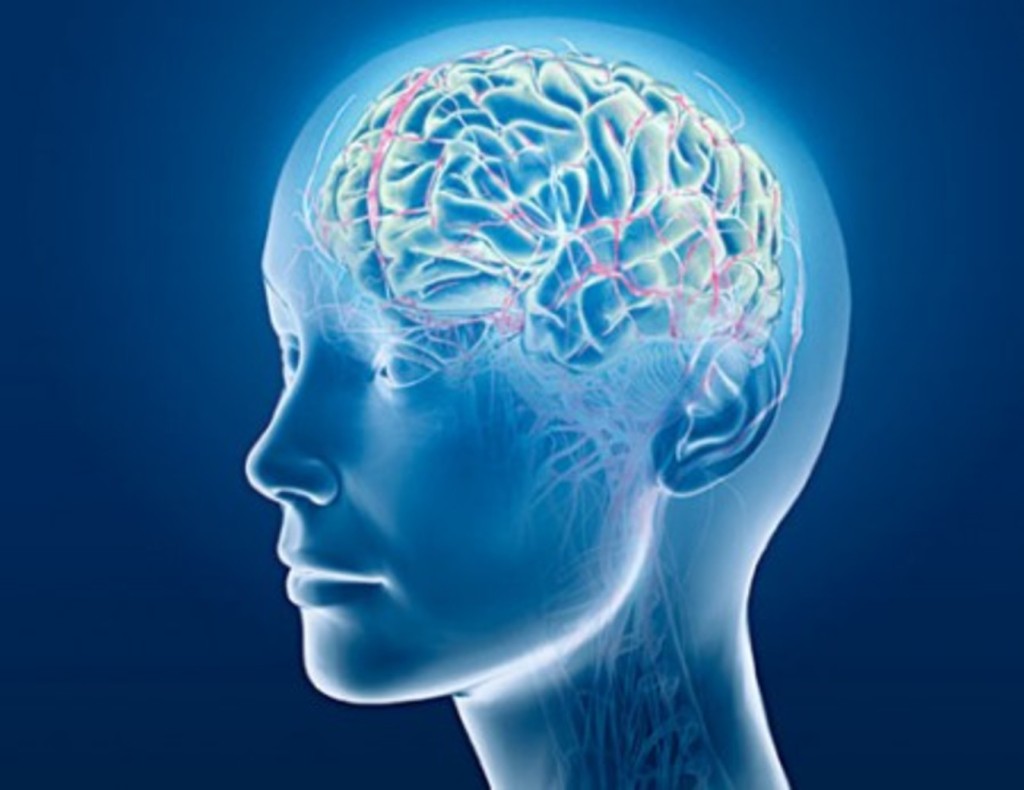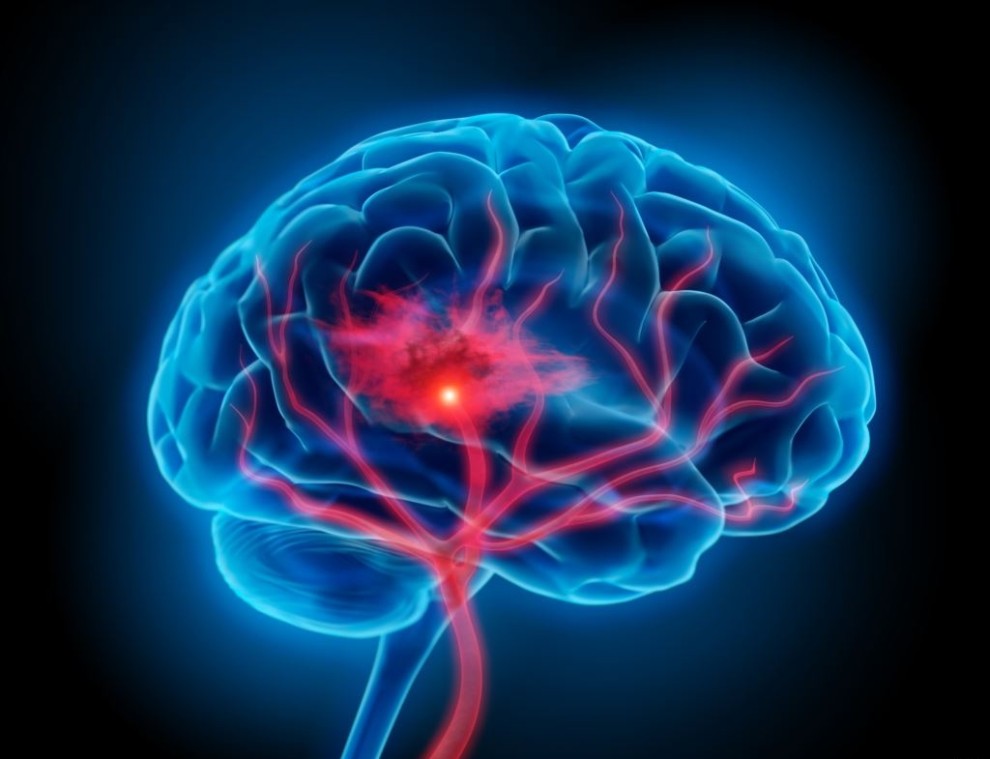Memory problems are a common and inconvenient challenge that comes with old age. What you may not know is that the real problem begins as early as your twenties, becoming more serious as you grow older. However, you can preserve your memory by making a few lifestyle changes, which are discussed in this article.

- Don’t sit still: Exercising on a regular basis can help to improve your mood and improve heart pumping and blood circulation. According to research, walking several times a week produces better thinking capability and improved executive function i.e. ability to think abstractly and switch your brain from one task to another. Sedentary lifestyles have been linked to neurodegenerative disorders like Alzheimer’s.
- Don’t smoke: Smoking can increase your chances of developing dementia and Alzheimer’s disease and also increases your risk of developing strokes and cardiovascular diseases. These can all impair your memory and cognitive functions.
- Lose some weight: Obesity is not a known cause of memory deterioration, but it is linked to poor diet, sedentary living, diabetes, high blood pressure and heart disease. Hypertension can destroy/damage white matter in your brain; the bundles of axons which message your nervous system if untreated, diabetes can increase chances of developing Alzheimer’s disease.
- Get help for depression: There are established links between cognitive function decline and development of depression. Therefore, use whatever means necessary to treat depression, from yoga and meditation to psychotherapy and medication depending on the severity. Social engagements by connecting with family and friends on a regular basis can create the mental stimulation needed to keep your brain healthy.
- Challenge your brain: You can do this by tackling crosswords or other puzzles, learning a new language or even dancing. These activities build your cognitive reserve by forcing the brain to form new connections or preserve the old ones. Watching TV for long periods doesn’t count. It must be something that your brain works at/gets involved in actively.
- Eat healthy: Go for all rainbow colors in your diet. Colorful, bold vegetables are vitamin and mineral-rich and can improve brain function. A diet in B vitamins can be easily achieved, and is particularly gainful for this. Simply fill your daily plate with dairy foods, dark green leafy vegetables and whole grains.
- Gingko biloba: Studies have established a loose connection between taking ginkgo biloba and putting of development of Alzheimer’s disease. There isn’t evidence that the supplement can fight memory deterioration, and studies are still ongoing. Talk to your doctor to find out if the supplement is safe for you.
- Moderate drinking: Drinking a glass of wine daily, and nothing more, has been linked to reduction in development of dementia. If you are a heavy drinker, consider cutting back on alcohol consumption in order to maximize the good effects and minimize the bad, among which is memory loss. High alcohol consumption can also damage other parts of your body, and not just your brain – the liver and kidneys for instance.
Author bio: The author is an extensive and passionate researcher of alternative treatments including herbal medicine. In his work, he has discovered many useful herbal treatments, and has shared many articles on health and wellness. Click here to find out more about quality kratom products and purchasing options.



